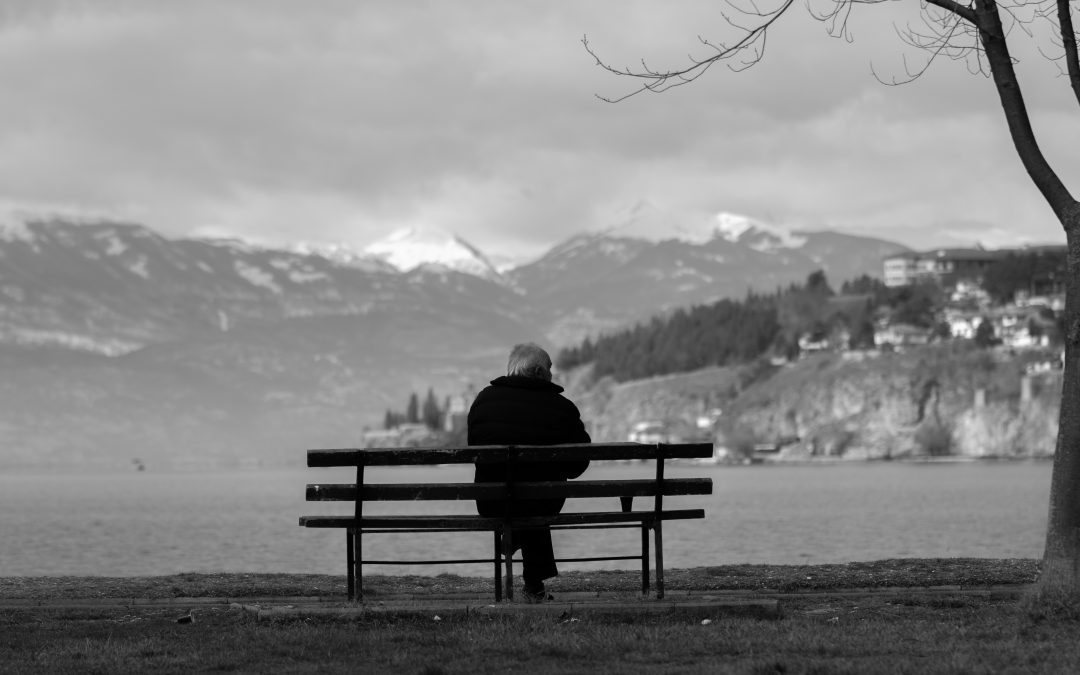Greetings, on the first day of meteorological summer. There’s been a hiatus in postings from your poet-theologian, as this blog entry will explain. As I write, I am enjoying the long view from my study window of the outskirts of Leeds and beyond that, distant moorland. Up to six months ago, (pandemic lockdown permitting) I would have been up on those moors, rain or shine. But these days I feel as if I’ve aged 20 years and lost 20 IQ points. I’m waiting for a referral to a long Covid clinic, and very unexpectedly am facing physical and mental and emotional and social challenges of a sort I associated with OLD people. At the age of 63, I wasn’t ready for that. So the thoughtful, witty and challenging articles by Helen, Keith, Pippa and Gaynor in the current edition of CITYtheology really resonated with me.
Attending a workshop last week on the newest of the LCI’s art bursary exhibitions (Hungarian artist Leon Varga’s The Way Up Is Down) sparked a renewed sense of creativity, so I have decided to write a blog and poem about aging in response to the current support being given to this issue by LCI – and once I have revisited The Way Up Is Down at its new temporary home in Sunny Banks Mills, I will be writing blogs and poems about that, too. I hope they help stimulate your continuing reflection on these and other issues.
In recent years, a number of older people who were and are important to me have died (most recently my mother who died just after I contracted Covid at the end of December). As well as grieving for them, and doing the necessary work with their affairs and legacies, I have also reflected a lot on my own mortality – and the likely aging that will precede my own demise. Of course, not everyone lives to be old – but in this country, despite big variations dependent on the level of deprivation in the area you live and other variables, we are tending to live long lives. I had begun to feel there was an art to aging well; that it was something one could consciously engage with, rather than submit to. The concept of AGEnda was clever – to that I’d add the concept of cAGE. For some people, later years mean declining ability to live the sort of life you would want, and especially a great increase in isolation and loneliness. At the same time those of us who are ‘younger older’ people can feel quite pressured to stay young to behave as if we were still young. Yes, there’s an element of ‘use it or lose it’ and also a big helping of being willing to accept and even celebrate the differences in your life of being older – the things you have gained as well as lost. A lot of the strategies I have to employ now to manage the business of living with long covid seem to resemble things I was expecting to do in ten or fifteen years’ time – gradually! In my case it happened overnight. Asking for help with heavier chores; explaining I may have to ‘see how I feel on the day’ rather than making reliable commitments. Needing to pace myself and rest a lot. Which is not all bad: I thoroughly recommend lying on the bed, doing yoga nidra with cats in attendance.
To get back to CITYtheology. Inspired by the metaphors of views from the top, here is a poem about aging. I hope you enjoy it and maybe want to write your own!
The View from Half Way up to the Top
Each contour of this hill is mapped on my calf muscles; surely
that is the summit? Lungs at last gasp,
legs complaining. ‘Not long now,’ I say to them,
as if cajoling a child, but as I ascend the ridge,
another rises in its place, enticing, implacable,
STEEP!
Now there are days when even the small inclines
in public parks seem alpine, and I say to my child:
‘It’s okay: just do your best. It’s fine to rest.
There are views from the plains
as well as from the mountain heights;
the summit can wait for younger feet.
It has its splendid isolation for consolation.’
Today, my legs though tested, feel strong.
When I’m half way up, I catch my breath, turn
to enjoy the view. Breathe. Deeply.
And stop.
A false summit makes a good windbreak, too.
Sit with your back to it, break out
the chocolate, pour the coffee.
Cuddle your inner child and tell it:
‘See how far we have come already! Look,
there is the path we’ll take to get back home.
It winds between the trees,
sometimes hiding in the bracken,
and yes, there are rocks, and scrabbly screes,
and we may get our feet wet fording a stream
but I am with you; see, here is a sturdy stick
to steady your steps. Take my hand.
We can do this together.’
Hannah Stone

